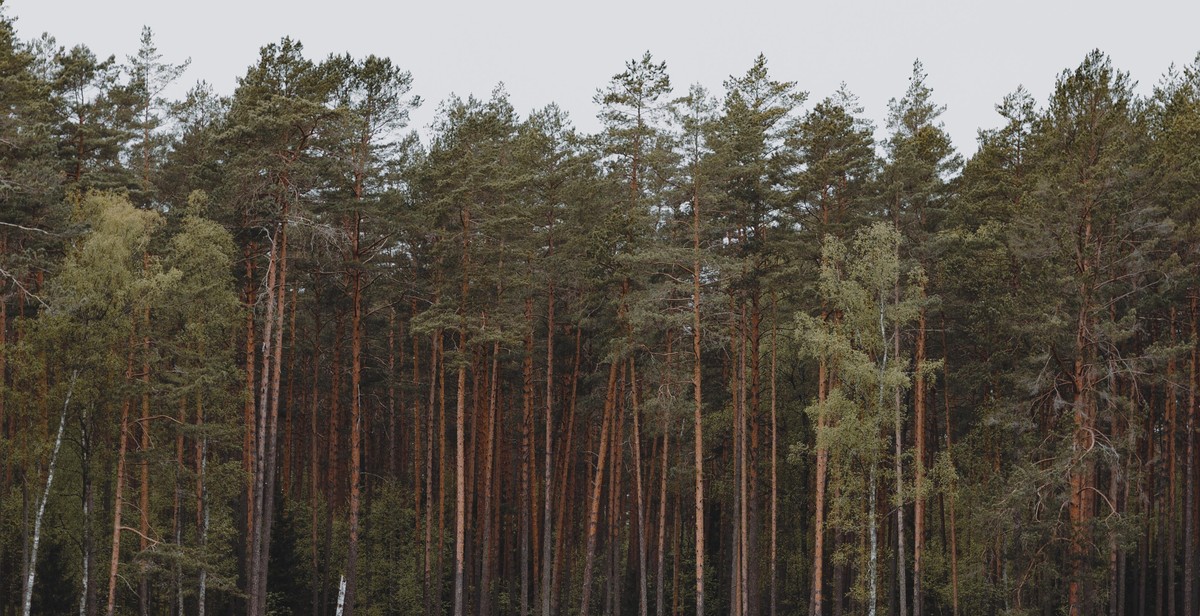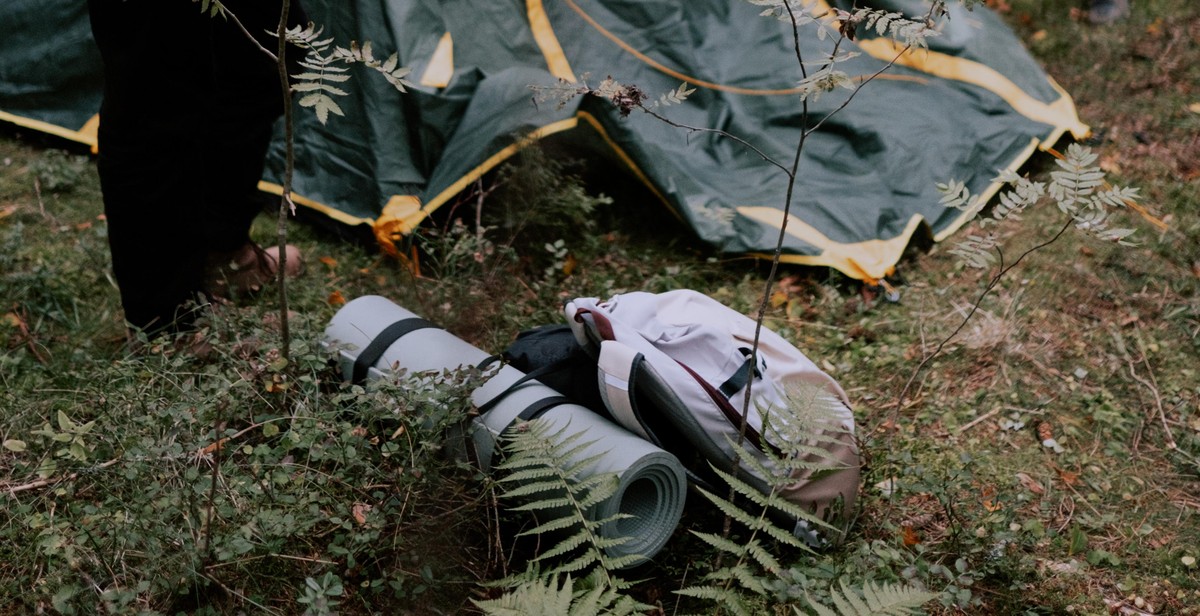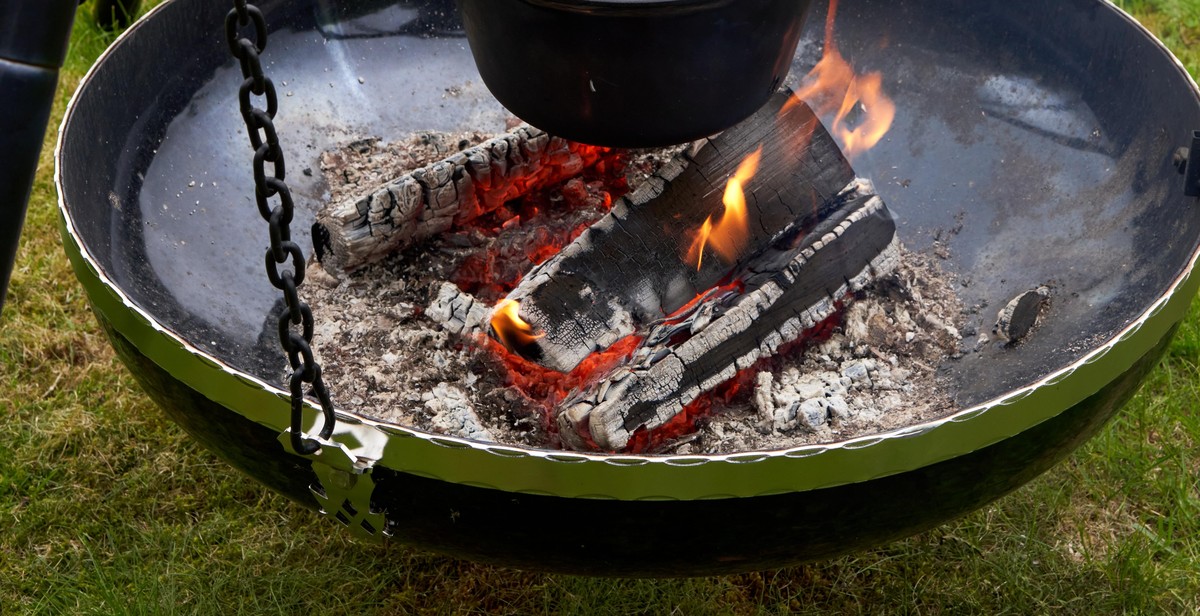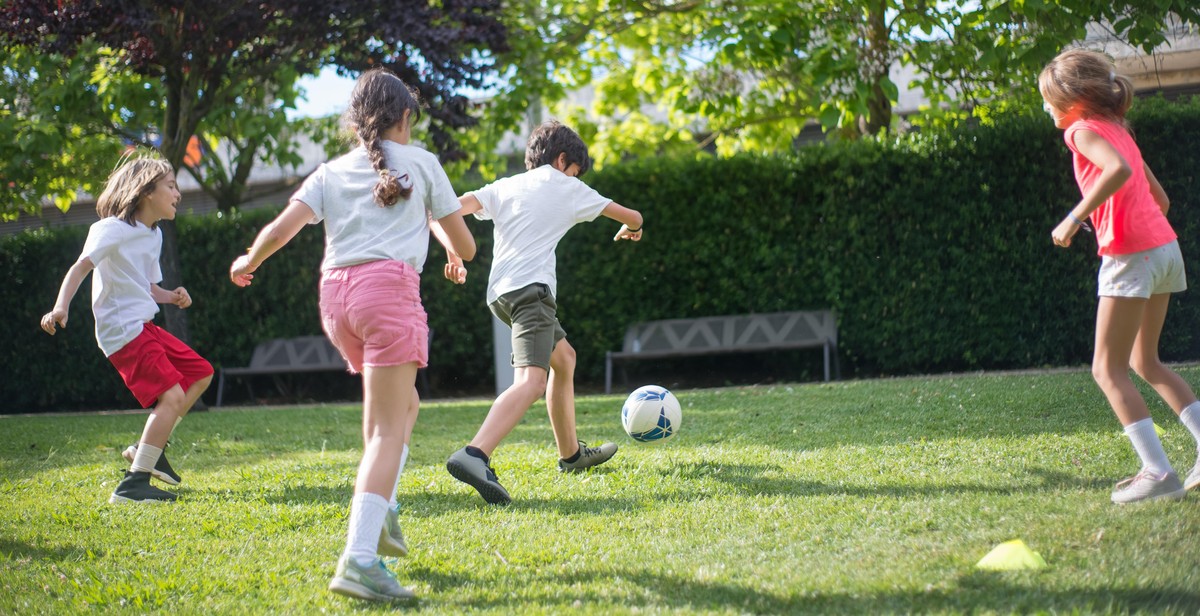How to Safely Camp by a Lake: Essential Tips for Outdoor Enthusiasts
Camping by a lake is one of the most enjoyable and memorable experiences for outdoor enthusiasts. The combination of fresh air, stunning scenery, and the calming sound of water can be incredibly relaxing and rejuvenating. Whether you’re an experienced camper or a first-timer, camping by a lake offers a unique opportunity to connect with nature and escape the stresses of everyday life.
However, camping by a lake also comes with its own set of challenges and risks. It’s important to take proper precautions to ensure that you and your fellow campers stay safe and comfortable throughout your trip. From choosing the right campsite to packing the right gear, there are several essential tips to keep in mind when planning a camping trip by a lake.
The Benefits of Camping by a Lake
Camping by a lake offers a range of benefits for outdoor enthusiasts. Firstly, it provides an opportunity to take a break from the hustle and bustle of city life and enjoy the peace and quiet of nature. Secondly, it offers a chance to engage in a range of outdoor activities, such as fishing, swimming, and hiking. Finally, camping by a lake is a great way to bond with family and friends and create lasting memories.
The Risks of Camping by a Lake
While camping by a lake is undoubtedly an enjoyable experience, it also comes with its own set of risks. These include the potential for waterborne illnesses, insect bites, and injuries from swimming or other water activities. It’s important to take proper precautions to minimize these risks and ensure that your camping trip is safe and enjoyable.

Choosing the Right Location
When it comes to camping by a lake, choosing the right location is crucial for a safe and enjoyable experience. Here are some essential tips to help you find the perfect spot:
Researching the Area
Before heading out, it’s important to research the area where you plan to camp. Look for information on the local wildlife, potential hazards, and any restrictions or regulations in the area. You can check with the park or forest service, or look for information online. Knowing the area will help you choose a safe and suitable location.
Checking the Weather Forecast
The weather can have a big impact on your camping trip, so be sure to check the forecast before you go. Look for any potential storms or extreme weather conditions that could make camping by a lake unsafe. If the forecast isn’t looking good, it may be best to postpone your trip or choose a different location.
Finding a Safe and Legal Campsite
When camping by a lake, it’s important to find a safe and legal campsite. Look for designated camping areas that are marked and maintained by the park or forest service. Avoid camping in areas that are off-limits or could be dangerous, such as near steep cliffs or unstable terrain. Make sure you have any necessary permits or reservations before setting up camp.
By researching the area, checking the weather forecast, and finding a safe and legal campsite, you can ensure a safe and enjoyable camping experience by the lake.

Preparing for Your Trip
Before heading out on your camping trip, it’s important to make sure you’re fully prepared. This means creating a camping checklist, packing the right gear, and bringing enough food and water to sustain you throughout your trip.
Creating a Camping Checklist
One of the first things you should do when preparing for your camping trip is to create a checklist of everything you’ll need. This should include things like your tent, sleeping bag, cooking supplies, and any other gear you’ll need for your specific trip.
It’s important to be thorough when creating your checklist, and to double-check it before you leave to ensure you haven’t forgotten anything important.
Packing the Right Gear
Packing the right gear is essential when camping by a lake. This means bringing a tent that’s suitable for the weather conditions you’ll be facing, as well as a sleeping bag that will keep you warm at night.
You’ll also need to bring cooking supplies and utensils, as well as any other camping gear you’ll need, such as a lantern, first aid kit, and insect repellent.
Bringing Enough Food and Water
Another important aspect of camping by a lake is ensuring you have enough food and water to sustain you throughout your trip. This means bringing plenty of non-perishable food items, as well as a way to purify water if necessary.
It’s important to plan out your meals in advance, and to bring enough food to last the duration of your trip. You should also bring snacks to keep you energized throughout the day.
By following these essential tips for preparing for your camping trip, you’ll be well on your way to enjoying a safe and enjoyable outdoor adventure.

Setting Up Camp
Choosing a Safe Spot
When setting up camp by a lake, it’s important to choose a safe spot. Look for a level area that is not too close to the water’s edge. Avoid setting up camp in low-lying areas where water can accumulate in case of heavy rain. If possible, choose a spot that has natural barriers such as bushes or rocks that can protect you from strong winds.
Setting up Your Tent
After choosing a safe spot, it’s time to set up your tent. Make sure to follow the manufacturer’s instructions carefully. Check that all the components are present and in good condition. Before pitching your tent, clear the ground of any sharp objects or rocks that could damage the tent floor. Use a groundsheet to protect the bottom of your tent from moisture and dirt.
- Choose a spot that is level and not too close to the water’s edge
- Avoid low-lying areas where water can accumulate
- Look for natural barriers such as bushes or rocks to protect you from strong winds
- Follow the manufacturer’s instructions carefully when setting up your tent
- Clear the ground of any sharp objects or rocks before pitching your tent
- Use a groundsheet to protect the bottom of your tent from moisture and dirt
Building a Campfire
A campfire can be a great way to stay warm, cook food, and create a cozy atmosphere. However, it’s important to follow some basic rules to prevent accidents and protect the environment. First, check if campfires are allowed in the area you’re camping in. If they are, look for a designated fire pit or clear an area of any flammable materials. Keep a bucket of water or a shovel nearby in case you need to put out the fire quickly. Never leave a campfire unattended, and make sure it is completely extinguished before going to sleep or leaving the campsite.
- Check if campfires are allowed in the area
- Look for a designated fire pit or clear an area of any flammable materials
- Keep a bucket of water or shovel nearby in case of emergencies
- Never leave a campfire unattended
- Make sure the fire is completely extinguished before going to sleep or leaving the campsite

Staying Safe: Essential Tips for Outdoor Enthusiasts
While camping by a lake can be a great way to enjoy the outdoors, it’s important to prioritize safety. Follow these essential tips to ensure a safe and enjoyable camping experience:
Following Safety Guidelines
Before heading out on your camping trip, research and understand all safety guidelines for the area. This includes any fire restrictions, wildlife warnings, and weather alerts. Make sure to follow all rules and regulations to ensure the safety of yourself and others.
Keeping Wildlife Away
When camping by a lake, it’s important to keep wildlife away from your campsite. Store all food and scented items in bear-proof containers or hang them from a tree at least 10 feet off the ground. Avoid cooking and eating in your tent, as this can attract animals. If you do encounter a wild animal, make loud noises and try to scare it away. Never approach or feed wildlife.
Staying Alert at All Times
Always be aware of your surroundings and stay alert at all times. Keep a first aid kit on hand and know how to use it. Stay hydrated and avoid overexertion, especially in hot weather. Make sure to have a communication plan in case of an emergency. Let someone know where you’re going and when you plan to return.
| Do: | Don’t: |
|---|---|
|
|

Enjoying the Outdoors
Camping by a lake offers a wide range of outdoor activities that you can enjoy. Whether you prefer swimming, boating, fishing, hiking, or simply exploring the area, there are plenty of ways to make the most of your time in nature. Here are some essential tips to help you do so safely.
Swimming and Boating Safely
Swimming and boating are two of the most popular activities when camping by a lake. However, it’s important to take necessary precautions to ensure your safety. Always wear a life jacket when boating, and make sure it’s properly fitted. When swimming, avoid areas with strong currents or underwater hazards. Additionally, never swim alone, and always keep an eye on children around water.
Fishing Tips and Tricks
Fishing is a great way to relax and enjoy the outdoors. Before you start, make sure you have the necessary permits and licenses. Research the type of fish that can be found in the lake, and bring the appropriate gear. Remember to practice catch and release to preserve the ecosystem. Also, be sure to properly dispose of any fishing line or hooks to avoid harm to wildlife.
Hiking and Exploring the Area
Exploring the area around the lake is a great way to connect with nature. However, it’s important to be prepared. Wear appropriate footwear and clothing, and bring plenty of water and snacks. Research the trails in advance, and let someone know where you’re going and when you plan to return. Additionally, be mindful of wildlife and respect their habitats.
| Tip | Description |
|---|---|
| Check the weather | Before heading out, check the weather forecast to avoid any unexpected storms. |
| Stay on designated trails | Staying on designated trails not only protects the environment, but also helps prevent getting lost. |
| Bring a map and compass | In case of getting lost, it’s always a good idea to bring a map and compass to help navigate. |
Conclusion
Camping by a lake can be a wonderful and rejuvenating experience, but it’s important to take safety precautions to ensure that your trip is enjoyable and stress-free. By following the essential tips outlined in this article, you can ensure that you stay safe and comfortable during your camping trip.
Remember to:
- Choose a safe and legal campsite
- Check the weather forecast before you go
- Bring appropriate gear and clothing
- Set up your campsite in a safe location
- Follow fire safety rules and regulations
- Store food and garbage properly to prevent wildlife encounters
- Be respectful of the environment and other campers
By taking these precautions, you can enjoy all that nature has to offer while staying safe and responsible. Remember, camping by a lake can be a wonderful way to connect with nature, relax, and recharge, but it’s important to prioritize safety and respect for the environment.
